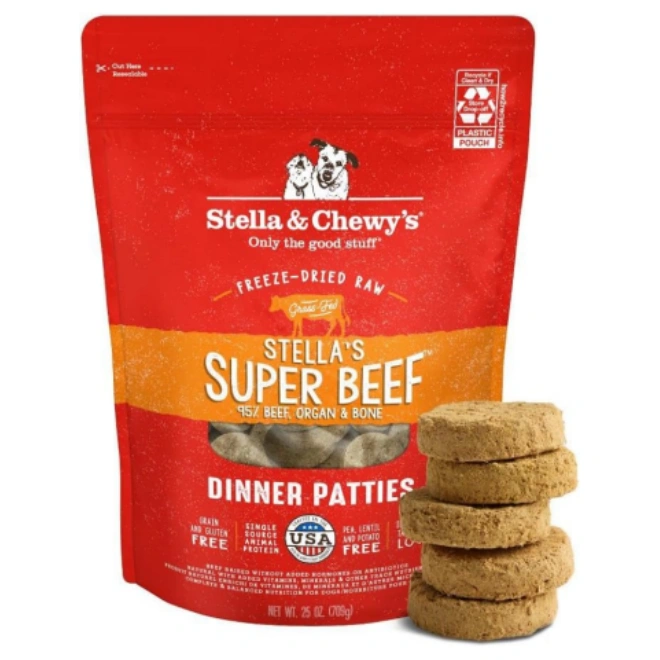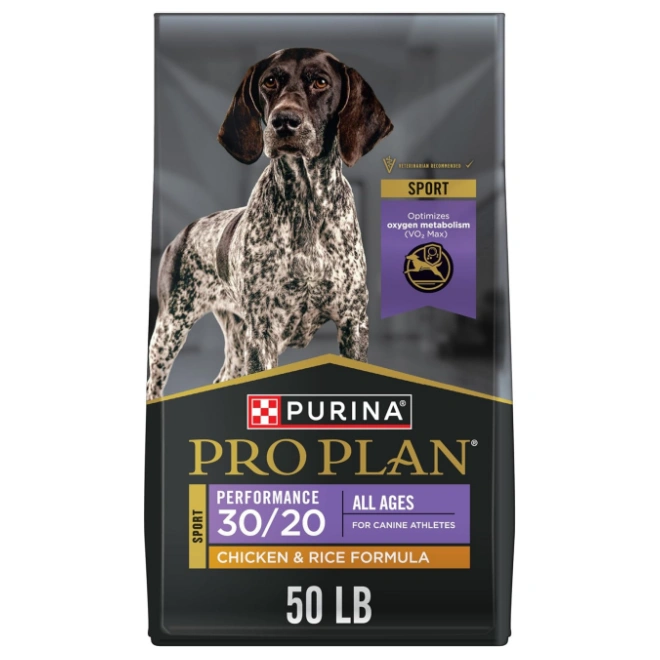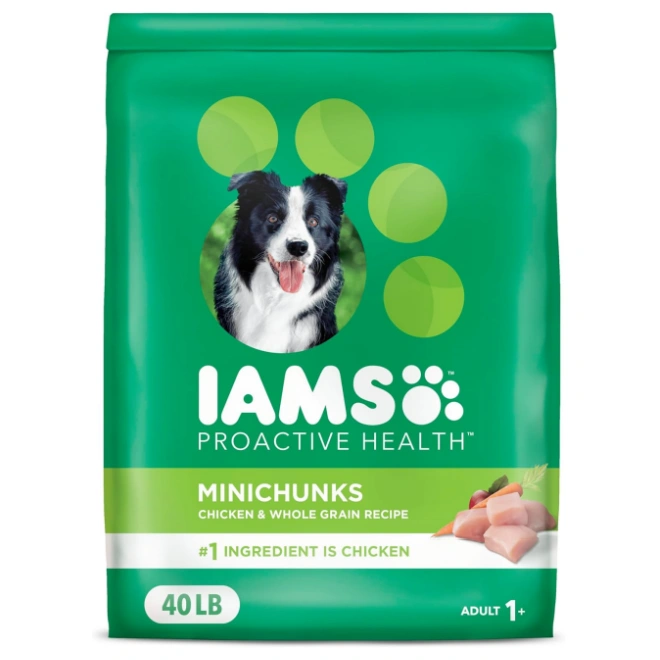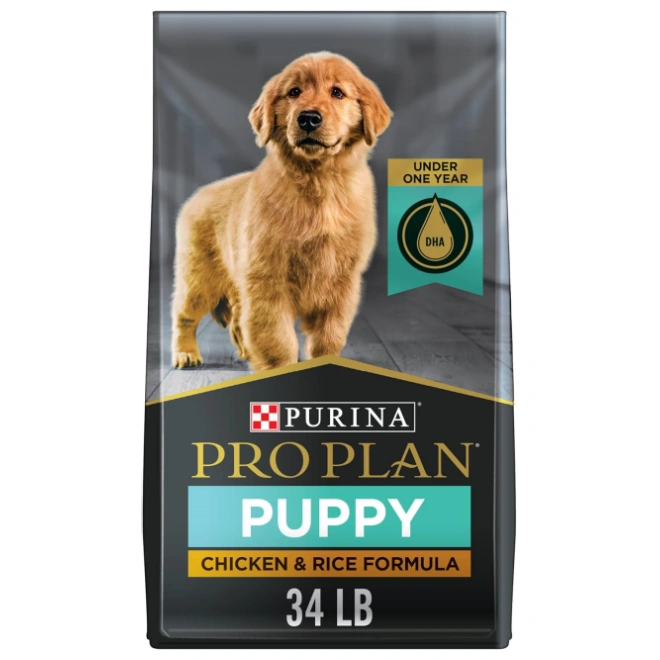Fresh Food for Dogs with Allergies: Mistakes to Avoid
Yes — fresh food for dogs with allergies often reduces exposure to common triggers and soothes itchy skin. Many pet parents see improvements in weeks when they switch to fresh, limited-ingredient meals. This guide explains why fresh food can help, how to pick or prepare the best recipes, and how to test results safely.
Your dog scratches, chews, and loses fur, and store-bought kibble seems to make things worse.That constant scratching is painful and stressful for both you and your pet. It can lead to infections, sleepless nights, and higher vet bills.By focusing on fresh food for dogs with allergies—meals made from simple, high-quality ingredients—you can reduce triggers, improve skin health, and support digestion. This article walks you through options, recipes, and signs to watch for during the transition.

Is Fresh Food Better for Dogs with Allergies?
Yes — fresh food often helps allergic dogs by removing processed fillers and common allergens.
Why fresh food helps
Fewer additives: Fresh meals avoid artificial preservatives and fillers that can trigger reactions.
Real proteins: Novel proteins like turkey or salmon reduce repeat exposure to common triggers.
Higher moisture: Wet or fresh diets improve skin hydration and coat quality.
Evidence and vet perspective
Veterinarians recommend limited-ingredient diets for elimination trials.
Many case reports show reduced itching after switching to fresh or home-cooked diets.
Lab testing helps confirm the true cause when diet change alone is insufficient.
What Is the Best Homemade Food for Dogs with Allergies?
A single-protein, limited-ingredient meal is best—think turkey, sweet potato, and greens.
Core components of a safe homemade diet
Single protein: Turkey, venison, or rabbit are good novel choices.
Simple carbs: Sweet potato, pumpkin, or cooked quinoa.
Veggies: Spinach, green beans, or carrots for fiber and vitamins.
Healthy fats: Fish oil or flaxseed for omega-3s (skin support).
Sample balanced recipe (daily base)
1 cup cooked turkey (lean)
1/2 cup mashed sweet potato
1/4 cup steamed spinach
1 tsp fish oil (omega-3)
Optional probiotic supplement as advised by your vet
Supplement and lab checks
Consider adding zinc and vitamin E for skin repair.
Have a vet verify calcium and phosphorus balance when making long-term homemade diets.
Is Freshpet Dog Food Good for Dogs with Allergies?
Freshpet can be helpful for mild sensitivities but check labels for specific proteins and grains.
Pros of Freshpet
Gently cooked, high moisture food that often improves coat condition.
Uses real meat and vegetables in many recipes.
Convenient for owners who want fresh meals without daily cooking.
Cons and cautions
Some Freshpet formulas contain chicken or common proteins that may still trigger reactions.
Not all formulas are limited-ingredient—read the label carefully.
If your dog has severe allergies, work with your vet for a tailored plan.

What Is the Best Food for Dogs with Allergies?
The best food is a limited-ingredient diet using a novel protein your dog hasn’t seen before.
Top choices
Limited-ingredient commercial diets: Brands offering single-protein recipes with no fillers.
Fresh-prepared meals: Vet-formulated options like The Farmer’s Dog or JustFoodForDogs.
Homemade plans: If balanced and supervised by a vet or nutritionist.
How to choose
Pick novel proteins (duck, rabbit, venison, salmon) if chicken or beef caused issues.
Prefer diets free of corn, soy, and artificial additives.
Look for omega-3 rich ingredients to reduce inflammation.
Which Dog Food Helps Itchy Skin and Stops Itching?
Foods high in omega-3s and low in common allergens help reduce itching.
Ingredients that help itching
Fish oil, salmon, or sardines for EPA and DHA.
Flaxseed or chia for plant-based omega-3 support.
Antioxidant-rich ingredients like blueberries and leafy greens.
Foods to avoid
Chicken and beef if they trigger your dog.
Artificial colors, flavors, and preservatives.
High filler grains like corn and wheat in sensitive dogs.

Everything Our Vets Recommend
How to Transition to Fresh Food Safely?
Move slowly—over 7–10 days—with observation and vet guidance.
Step-by-step transition
Days 1–3: Mix 25% fresh food with 75% current food.
Days 4–6: Increase to 50% fresh food.
Days 7–9: Move to 75% then 100% fresh food if no issues appear.
Watch stool quality, itching level, and energy.
When to pause and call the vet
Increased redness, swelling, or signs of infection
Sudden weight loss or lethargy
Fresh food for dogs with allergies FAQs
Is fresh food better for dogs with allergies?
Yes, fresh food often reduces exposure to fillers and additives that can cause reactions. Many dogs show skin and coat improvement after switching.
What is the best homemade food for dogs with allergies?
A single-protein recipe with turkey or salmon, paired with sweet potato and greens, is a safe starting point. Always balance minerals and vitamins with vet guidance.
Is Freshpet dog food good for dogs with allergies?
Freshpet can be helpful, especially for mild sensitivities. Check the ingredient list and avoid formulas with known triggers for your dog.
What is the best food for dogs with allergies?
Limited-ingredient diets, novel protein formulas, and vet-formulated fresh meals are top choices. The right option depends on individual triggers found in testing or elimination trials.
How long before I see results after switching diets?
Many dogs show improvement in 2–6 weeks. Full improvement can take up to 12 weeks. Track changes and consult your vet if there is no progress.
Conclusion
Fresh food for dogs with allergies is a viable and often effective path to reduce itching and skin issues. Choose limited-ingredient options, include omega-3 sources, and transition slowly. Work with your veterinarian to confirm diagnoses and ensure nutritional balance. With the right plan, many dogs regain comfort, a healthier coat, and better digestion within weeks.
You May Like:
- Latest Guide 2025: Grain Free Dog Food for Dogs With Allergies
- How Many Cups in a 40lb Bag of Dog Food? Find Out Now
- What Is the Best Protein for Dogs with Allergies? Find Out Here
- Best Dog Food for Allergic Dogs: Vet Picks You Can Trust
User Comments
Does flea treatment kill ear mites too?
Can dogs take human probiotics?
Can dogs have people probiotics safely?
Related Articles
View all
Vet-Recommended Wet Dog Food for Sensitive Stomachs — 2025 Guide

Best Dog Food for Pugs With Skin Allergies That Works

Latest Guide 2025: Grain Free Dog Food for Dogs With Allergies

Fresh Food for Dogs with Allergies: Mistakes to Avoid

Vet-Recommended Wet Dog Food for Sensitive Stomachs — 2025 Guide

Best Dog Food for Pugs With Skin Allergies That Works

Latest Guide 2025: Grain Free Dog Food for Dogs With Allergies

Fresh Food for Dogs with Allergies: Mistakes to Avoid

How Much to Feed a German Shepherd: Mistakes and Fixes Today














Leave a Reply